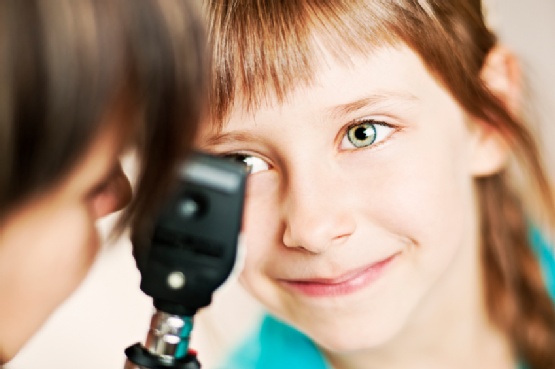
It can be hard to determine if your child has poor eyesight when they are very young. They aren’t able to tell you when something is blurry or if they can’t see the board at school because it’s all they know. If poor eyesight runs in your family, it’s a good idea to have your child’s eyes checked regularly, but sometimes kids need glasses when their parents have nearly perfect vision. You won’t always be able to tell if your child has poor eyesight without an examination, but here are some early warning signs.
Frequent Eye Rubbing
As a parent, you know kids rub their faces for one reason or another, but constant eye rubbing can signal a problem with their eyesight. If you’re wondering whether it’s related to allergies or vision, start paying attention to when they’re rubbing their eyes. If it’s at random times, it probably doesn’t have anything to do with their vision. But if they rub their eyes when they’re concentrating on something, it could indicate blurry vision. It’s also a manifestation of eye fatigue.
Closing One Eye to Read, Write, or Watch TV
If your child is consistently closing one eye while they’re doing any sort of schoolwork or watching TV, it’s a symptom consistent with refractive or binocular vision. While this sounds serious and kind of scary, it simply means there’s a problem interfering with the eyes’ ability to work together. It’s also a sign of an astigmatism (when the shape of the cornea is imperfect) or strabismus (the eyes aren’t aligned). The only way to tell what’s causing the issue is to get your child checked by an ophthalmologist to narrow it down.
Eye Pain or Frequent Headaches
Children complaining of eye pain when they use a computer, tablet, or watch TV are probably suffering from digital eye strain. This is extremely common among children of this generation because they spend so much time on the computer. If this is occurring, have your child take a 20-minute break while looking at something at least 20 feet away for 20 seconds. If the eye pain continues, it’s time for an eye appointment.
Frequent headaches can be related to eye fatigue from straining the eyes to focus, and you’ll typically notice this after they’ve been reading, watching TV, or doing schoolwork. If your child is coming home from school with headaches, it’s time to have them assessed.
Difficulties in School
The signs of vision problems aren’t always physiological. Changes in your child’s behavior and grades are pretty good indicators of a problem. Some children diagnosed with ADHD and other attention-deficit disorders have an undiagnosed vision problem. When your child is avoiding visual work, making mistakes in their work even though they understand the content, or showing a short attention span, have their vision checked. Their teachers are often the ones to notice these problems because they know your child’s comprehension level and whether mistakes are related to their comprehension of the material or their vision. Children’s vision can rapidly change throughout the year, so even if their vision was fine at the beginning of the school year, by Christmas it may have changed enough to alter their performance.
Not all vision problems require glasses or contacts. Some children are able to improve their eyesight with vision therapy, and when they get older you can consider vision correction techniques. Good vision is critical for developing proper hand-eye coordination, visual perception, and eye teaming. If you are concerned about your child’s vision, you should definitely get their eyes checked to ensure their motor skill development is staying on track.


